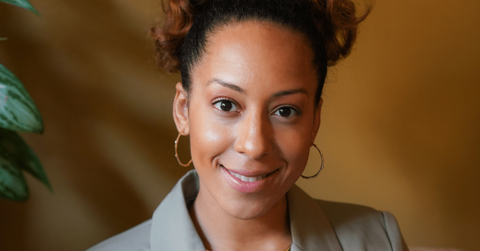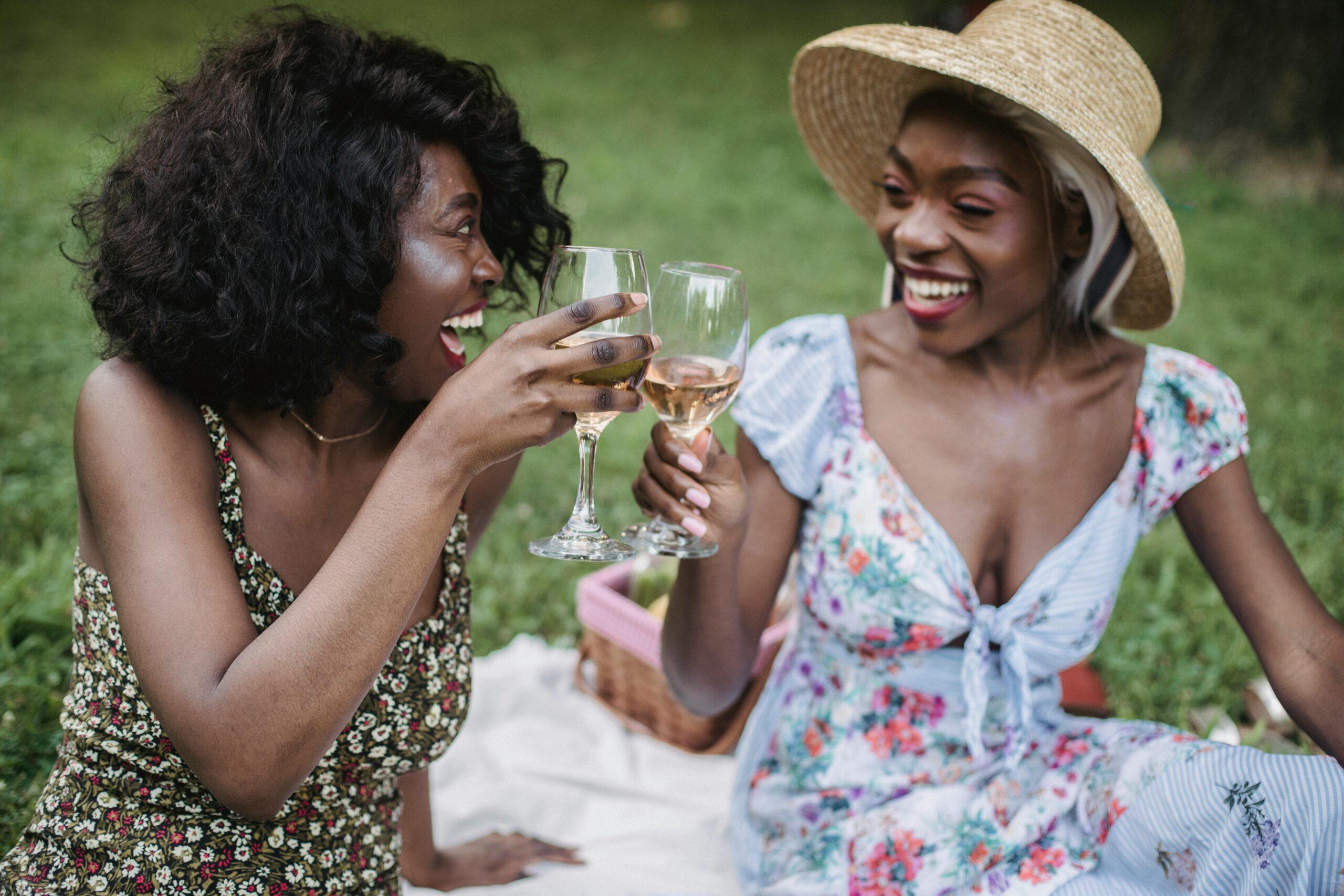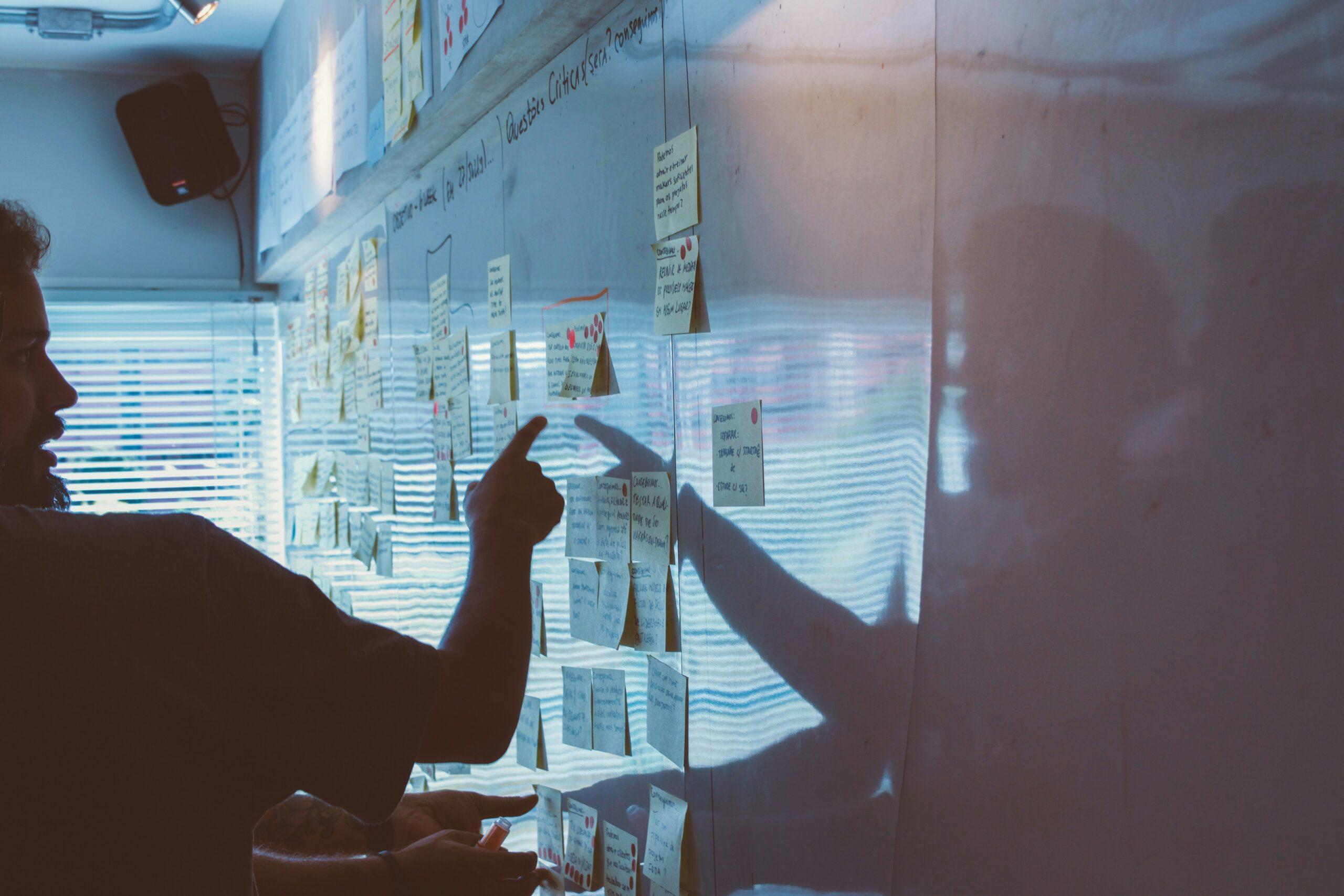Representing the culture is not a task for the faint of heart. Nonetheless, a New York City native by the name of Ghislaine León has proudly taken strides to diversify the media landscape while cultivating informative content on the hip-hop world. Acknowledging that the genre, birthed in her hometown of the Bronx, heavily sculpted her perspective and distinctive eye for creativity, Ghislaine wants others to use hip-hop as a tool to connect with their power.
Merely two years ago, as an intern at REVOLT Media & TV, I assisted Ghislaine, a then freelancer with translating formulaic press into digestible stories for the masses. Even so, digestibility was not on par with her mission of storytelling, leaving us with the question, why do we need to dim our narratives for others to accept?
During the world’s sudden lockdown amidst the global pandemic, Ghislaine’s focus suddenly shifted from responsibility to reflection. And, through her wellness brand, Fearless León, she aims to use her voice for other women to see their light through darkness.
Her Agenda recently caught up with Ghislaine about being a Latina in media, curating for the culture, and the power of hip-hop.
Her Agenda: I remember being your intern at REVOLT Media & TV when you were a freelancer, now you are the Director of Creative Strategy & Content Development. I don’t think a lot of people realize how big of a difference it is to go from freelancer to full-time, so can you please what that transition was like for you and which route you prefer?
Ghislaine León: That’s a great question. For me, when I had the opportunity to take this full-time role at REVOLT [Media & TV], I was on the fence. I got close with my team at 19th & Park, [where I] did more niche marketing. I’m in my mid-30s, so I had to make a choice – am I going to stay freelancing and [have] all of the freedom that I want in my life? Or, am I going to take a full-time role [and] think about benefits, family planning, and retirement? When I made that decision, it was based on my long-term thinking and not the day-to-day lifestyle that I was living as a [freelance] consultant. The biggest transition was, as a consultant, that I didn’t have a full line of sight of things at REVOLT [Media & TV]. I wasn’t on calls, I simply met deadlines based on needs and assignments. Now, I’m able to have a line of sight for everything [which] means learning.
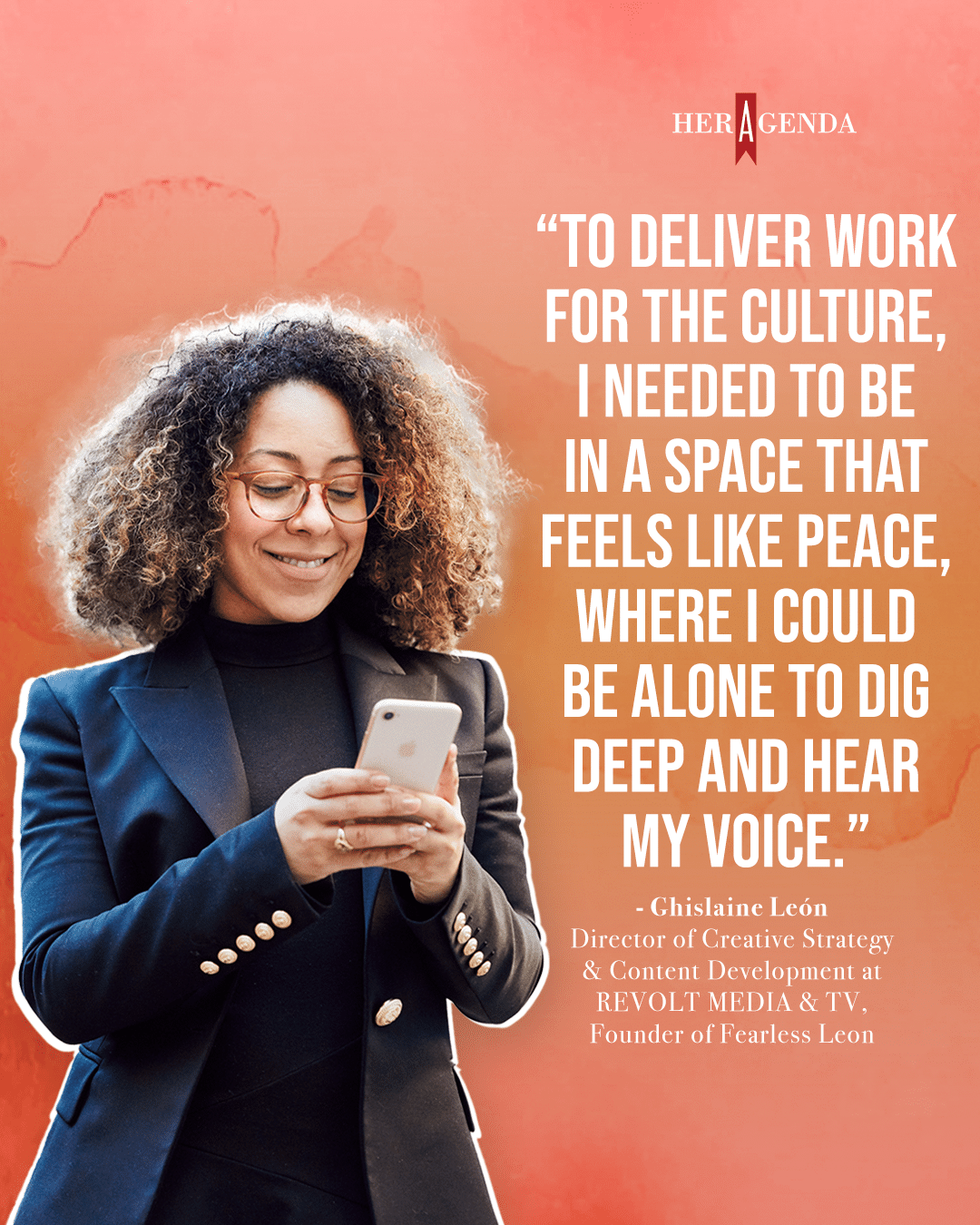
Her Agenda: When it comes to creating good content and building a solid brand, what would you say is one thing that is most necessary?
Ghislaine León: I think having a clear identity and brand purpose on how [you] want to show up and what type of relationships [you] want to have with consumers. Once [you] decide what that relationship is, society and the world is shifting so quickly. I think it’s important to have insights and make informed decisions. Data-informed insights will assure that you’re always going to hit the mark and if you’re not hitting the mark, you’ll have the tools to pivot. Attention is super fickle, it’s really hard to keep people’s attention. You have to make sure that the content is meeting the audience’s mental and emotional needs.
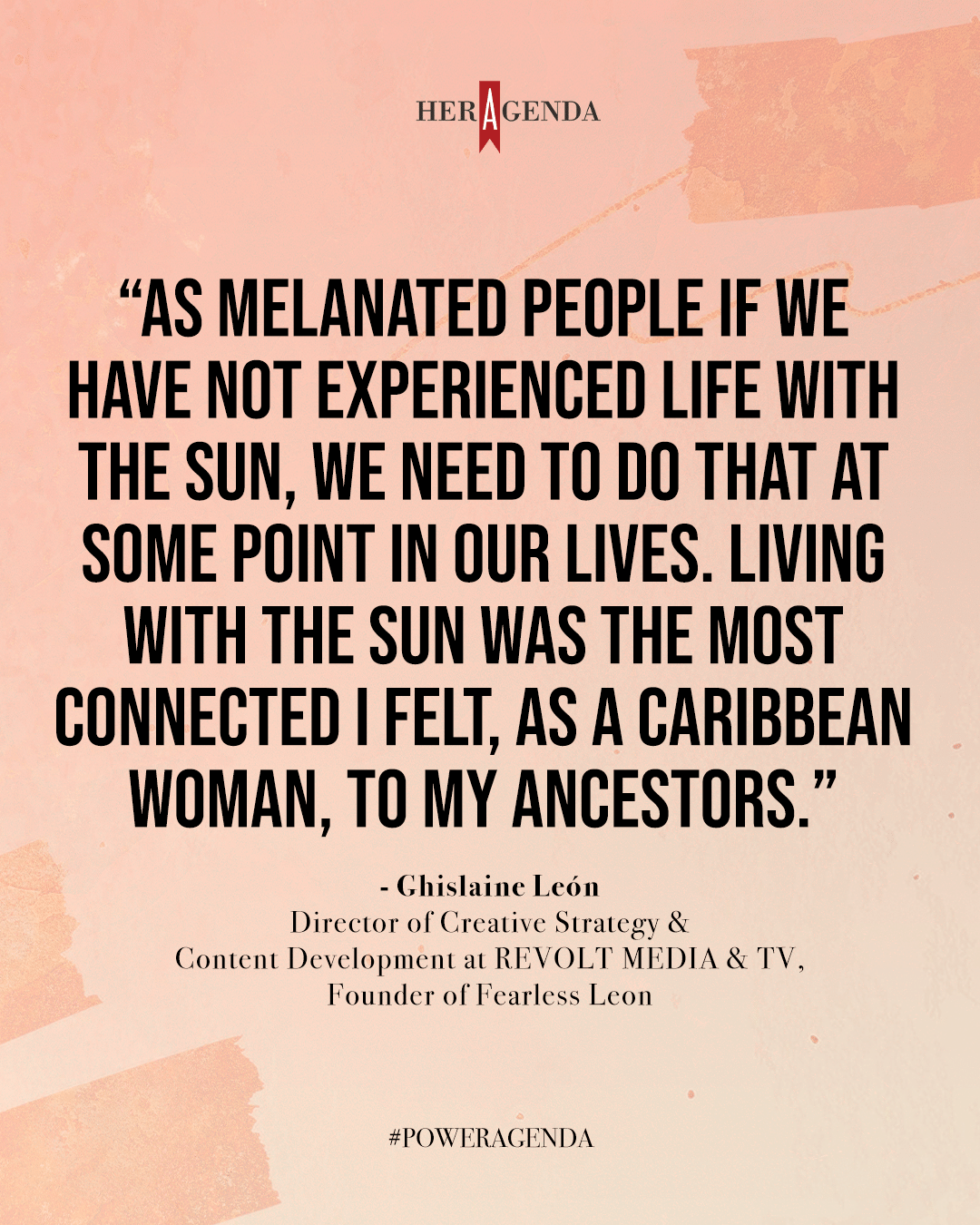
Her Agenda: I’ve noticed that throughout the pandemic, you’ve spent a lot of time working abroad. What has that experience been like for you and is this something that you would encourage others to do?
Ghislaine León: Before the pandemic, I wasn’t really happy in New York and was figuring out how to lead [and] guide myself. Once the pandemic hit, I moved back home. Living in Harlem while working for a Black media company during [a] summer of racial reckoning was really hard on my spirit. Living in New York, for me, was unbearable, specifically in Harlem because we had sirens and fireworks going off. It was a really weird time and it was becoming extremely hard to compartmentalize my personal feelings with what was happening in Harlem, then have to show up to write and produce content that was trauma related for REVOLT [Media & TV] on a day-to-day basis.
I had to choose myself. I had to choose my mental health. And, [to] deliver work for the culture, I needed to be in a space that feels like peace, where I could be alone to dig deep and hear my voice. Mexico was the only place that was open because all countries had shut down to Americans. With Mexico being the only country open, I and so many other Americans were like, ‘We’re going to get out of here, Mexico it is.’ It was a time for me to experience luxury as a single woman, the luxury that I was not able to afford in New York. Living in luxury was so healing and empowering. While I was abroad, living in luxury connected me with a level of self-worth because I gave myself this luxury; nobody gave it to me. I was able to break through a lot of limiting beliefs and thoughts. Living in Mexico opened me up to a different way of thinking because I was able to make different decisions and experience things I wasn’t able to do in my own city. That alone created so much self-love that translated into my work.
I would also say, as melanated people if we have not experienced life with the sun, we need to do that at some point in our lives. Living with the sun was the most connected I felt, as a Caribbean woman, to my ancestors. I’m a spiritual woman, so spirit speaks to me [especially] through nature. Oprah says that [she] has [10,000] ancestors walking with her. I’m a believer in that and I feel that myself. I feel that I have 4,000 ancestors that walk with me. I feel that I have been here before because my ancestors have and that’s in my DNA.
Her Agenda: Let’s discuss Hispanic Heritage Month! The statistics of Latinas in the media are already low. What is an adversity that you’ve had to overcome in this field?
Ghislaine León: I still deal with getting people to care and give a f*ck about Black and Brown Latinos that represent the diaspora. I’m a decade into this work. I still have to have the conversations, I still have to push the needle forward. It’s so draining and so exhausting, but because it’s my life purpose, I just feel like I hold the torch and no one is going to turn off that flame. The biggest challenge is [getting people to] care about who we are, our stories, and our culture.
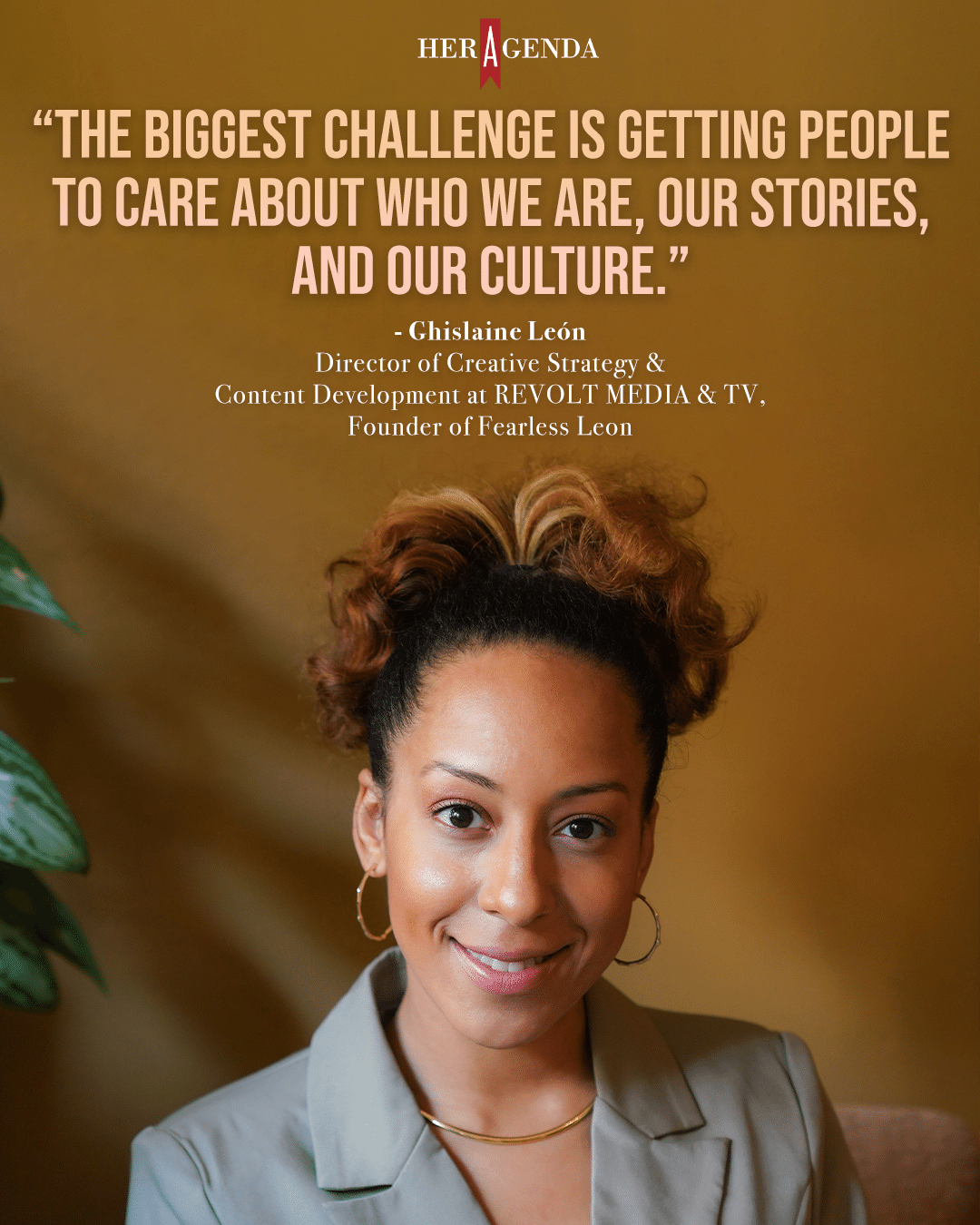
Her Agenda: I remember working on hip-hop-related stories with you as an intern, and considering that you are also from New York City, what role has hip-hop played in your life?
Ghislaine León: It’s played such an important role. I see hip-hop as our musical genre that [was] birthed to help us find our way and our power. Since I was a kid, hip-hop just did this thing to my heart and my soul. When I see children connecting to the elements, it’s like a natural thing. You could flow from freestyling in the mirror with yourself to wanting to create some art. It makes you want to connect with your spirit [and] disconnect with reality. Hip-hop to me is a tool and wheelhouse because hip-hop continues to reinvent itself as we do. The genre itself mirrors who we are. [Like] listening to Lil Kim and Missy Elliot as a kid, was a [tool to] finding personal power. Hip-hop is the root of my creativity. It oozes out of me, it oozes out of us, and once you connect, it’s in your spirit for life.
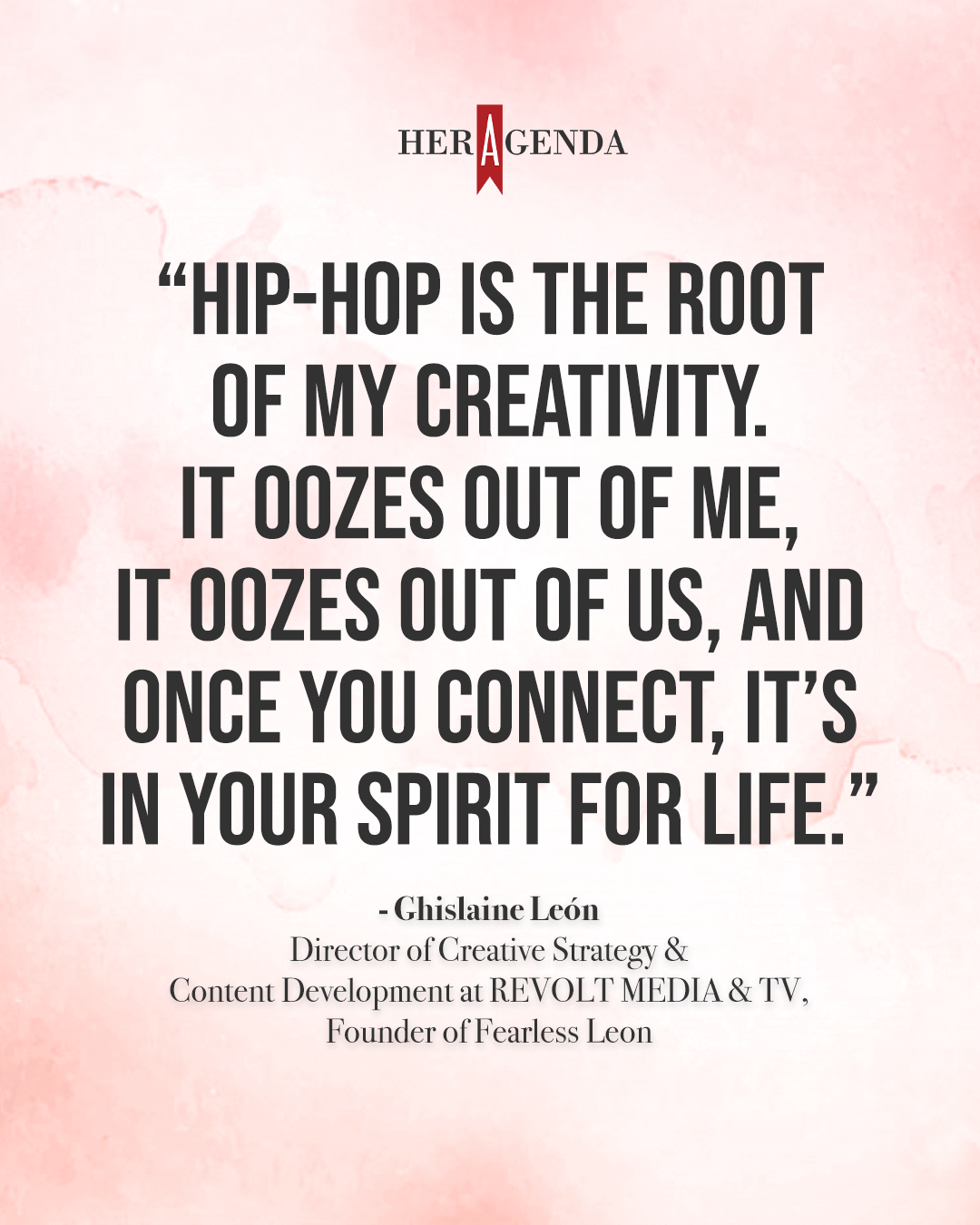
Her Agenda: I’ve been keeping up with you on social media and love hearing your thoughts on life. When life doesn’t go according to plan or when you may not have everything figured out, are there any affirmations that you say to yourself?
Ghislaine León: Yeah, so many affirmations. I always tell myself things like: ‘I am here to unlearn, deprogram, and decolonize my mind. And I trust that everything is here to push me closer to becoming who I’m meant to be.’ [Another thing] I say is, ‘I am successful, I am phenomenal, I am unique, and I am embracing my talents one day at a time.’
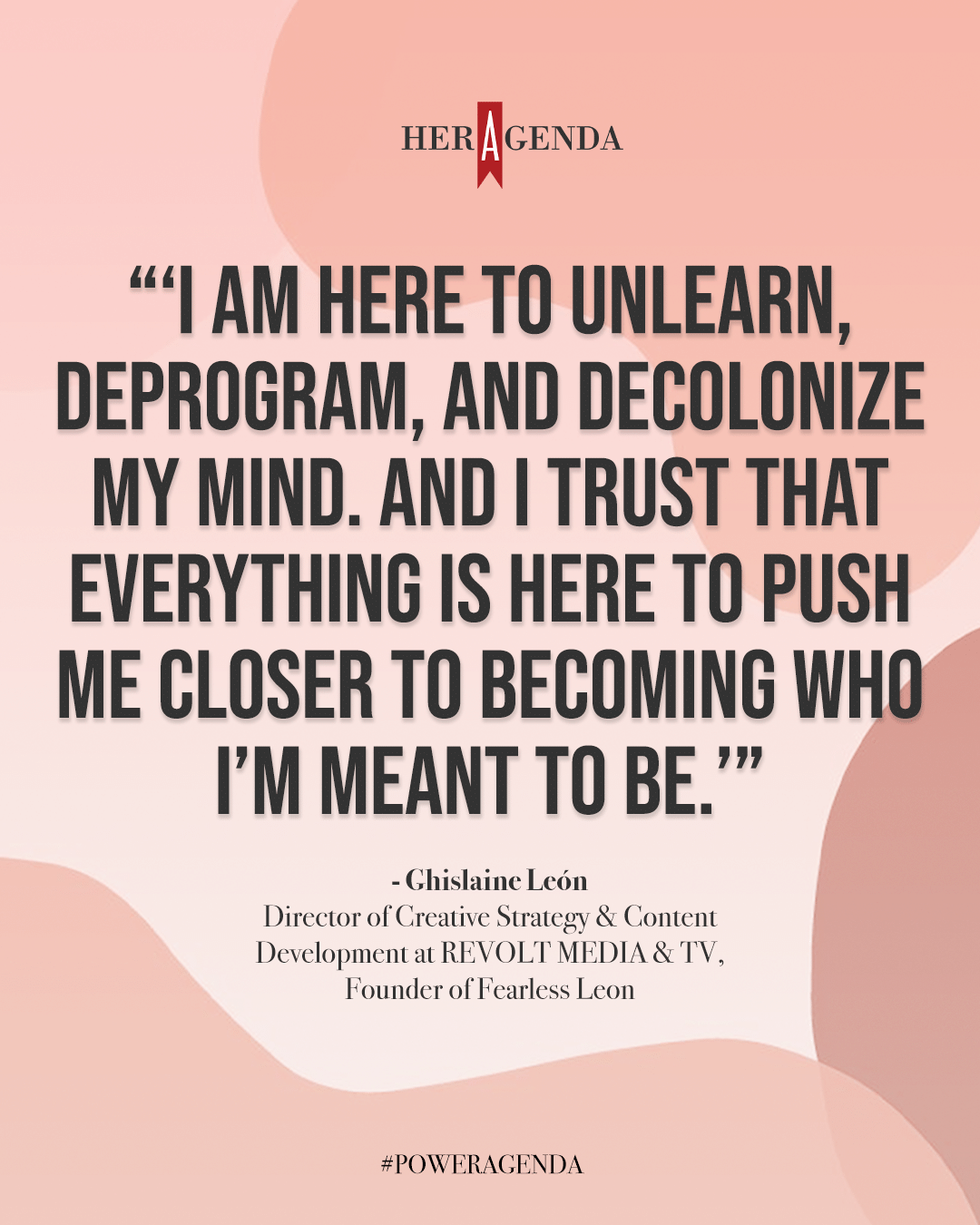
Her Agenda: How has getting in touch with your body and spirit changed your relationship with yourself?
Ghislaine León: In connecting with spirit and my ancestors, I’ve learned how to love myself better, I’ve become healthier in the mind [and] body. It’s also helped me see my ‘ain’t sh*t’ behaviors. It’s helped me become brutally honest with myself and hyper-aware. By becoming more introspective with myself and understanding things on a deeper level like attachment theory and shadow work in a deeper space. I’m able to have more compassion for people which has helped me become unbothered. If I hear things that I dislike, I hear in between the lines. If I’m on a work call and I hear someone saying things a little off-tone, I’m like, ‘Hmm, they have trauma going on.’ You can’t guide yourself with cloudy windows [nor] carrying a lot of [baggage].
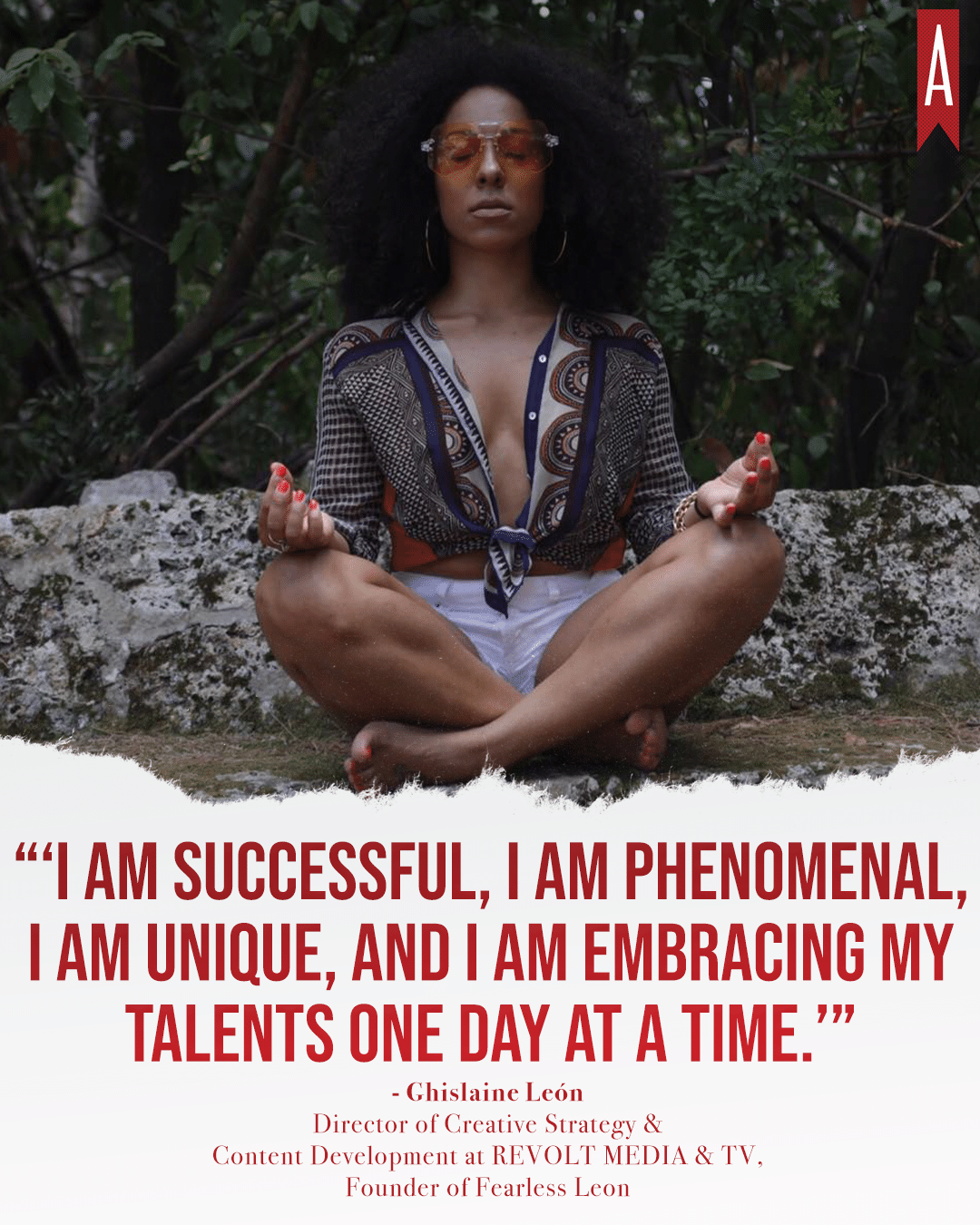
Her Agenda: Through your wellness brand, Fearless León, what inspires you to help women within their spiritual journey?
Ghislaine León: I’m bi-cultural and bi-lingual in language and spirit. I was raised with synchronized religions and as a kid, it was really confusing to be raised in the synchronicity of two different belief systems that came with two different sets of Gods. Curiosity kept leading me into understanding the spiritual realm. When I graduated college, I was super far removed from what my life as a child looked like. When my Saturn return happened, I went through a dark period, and when I got through it and did healing work, I understood different realms within this. It became of personal interest to help women dealing with darkness to find their light. That is [what] Fearless Leon was birthed out of. It transformed into a space and spirituality as art for women to tap back into their higher selves to become change agents and to grow and transform. [I want] women to utilize fear as a fuel and not as a crutch.
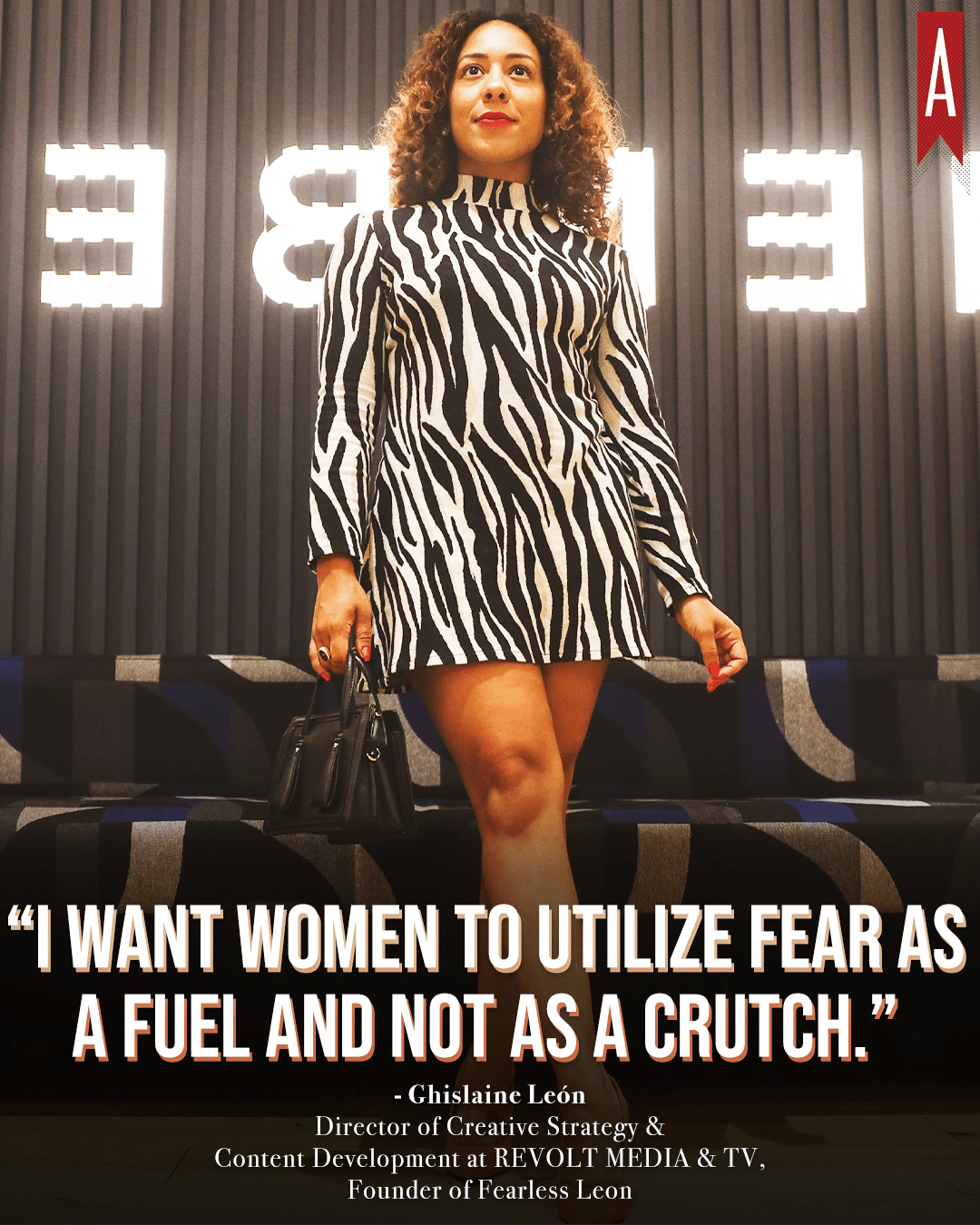
Her Agenda: What is something that you are most proud of when it comes to yourself?
Ghislaine León: I’m most proud of my evolution. It takes a lot of courage to evolve and reinvent yourself. It’s easy to stay the same and [be] comfortable. Change [and] evolution is uncomfortable. I’m most proud of being able to walk in darkness but knowing that I am light and will land on my own two feet. There is so much uncertainty that you deal with in the process of change and transformation. You don’t know what that destination is going to look like. But, when you make the decision to grow to your highest potential, you have to be willing to do the work in the dark. Trust in yourself that even in doing the work in the dark, that you are going to [shine].
[Editor’s note: This interview has been edited for length and clarity.]

